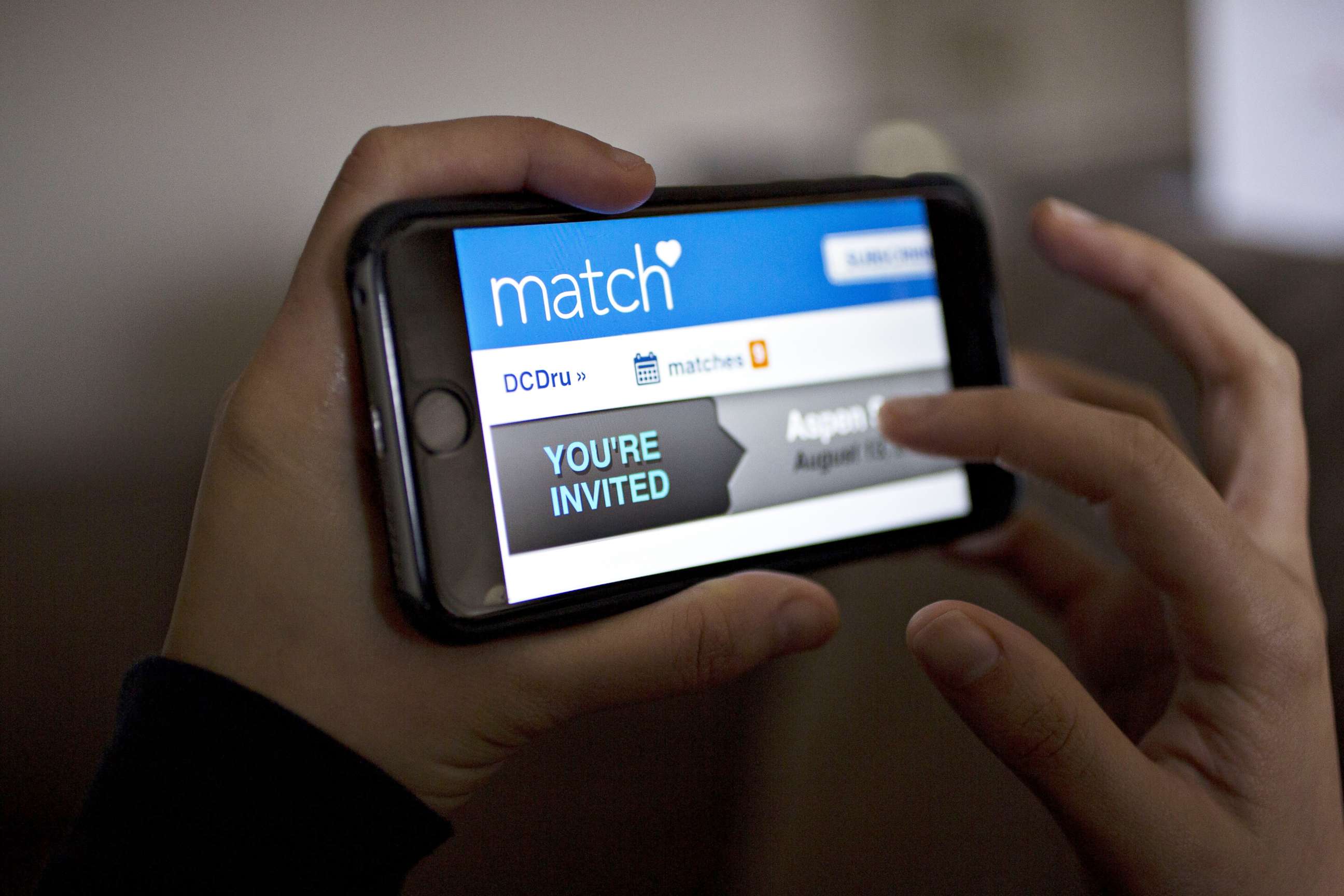FTC accuses Match.com of tricking people into buying paid subscriptions with fake ads
Fake ads told potential customers: 'Someone is interested in you!'
The Federal Trade Commission announced Wednesday it's suing Match, the owner of such popular online dating platforms as Match.com, OkCupid and Tinder because the government says it tricked people into buying paid subscriptions on Match.com using fake love-interest ads.
In a statement posted online, the Match Group denied the allegations.
"The FTC has misrepresented internal emails and relied on cherry-picked data to make outrageous claims and we intend to vigorously defend ourselves against these claims in court," the Texas-based company said in a post to its website.
The company allows potential customers to create a Match.com profile free of charge but requires a subscription to respond to messages. According to the FTC, ads flagged by the company as a potential scam made its way to unpaid subscribers, but were blocked from being sent to paid subscribers.
The FTC, an independent regulator whose primary mission includes stopping deceptive advertising, claims that the site did this intentionally to hook people who hadn’t paid for a subscription service yet. The allegations apply to Match.com only and not the company’s other platforms, including Tinder and OkCupid.
"You caught his eye and now he's expressed interest in you… Could he be the one? READ HIS EMAIL," stated one fake ad cited in the complaint.

"Someone's Interested in You!" states another ad. It continued, "1 woman has shown interest in you this month! And best of all, PAY 25% LESS when you subscribe today. Find out who's interested and save big with this limited-time offer!"
"Many consumers purchased subscriptions because of these deceptive ads, hoping to meet a real user who might be 'the one,'" the agency stated. "The FTC alleges that instead, these consumers often would have found a scammer on the other end."
Match said it has spent "time, money and emotional capital" fighting fraud because being vigilant is good for business.
"We've developed industry leading tools and (artificial intelligence) that block 96% of bots and fake accounts from our site within a day and are relentless in our pursuit to rid our site of these malicious accounts," the company stated on its site.
"The issues the FTC is focusing on have either been taken grossly out of context or permanently eliminated by Match," it later added.
The FTC filed its complaint in the U.S. District Court Northern District of Texas, where the Match Group bases its operations.




